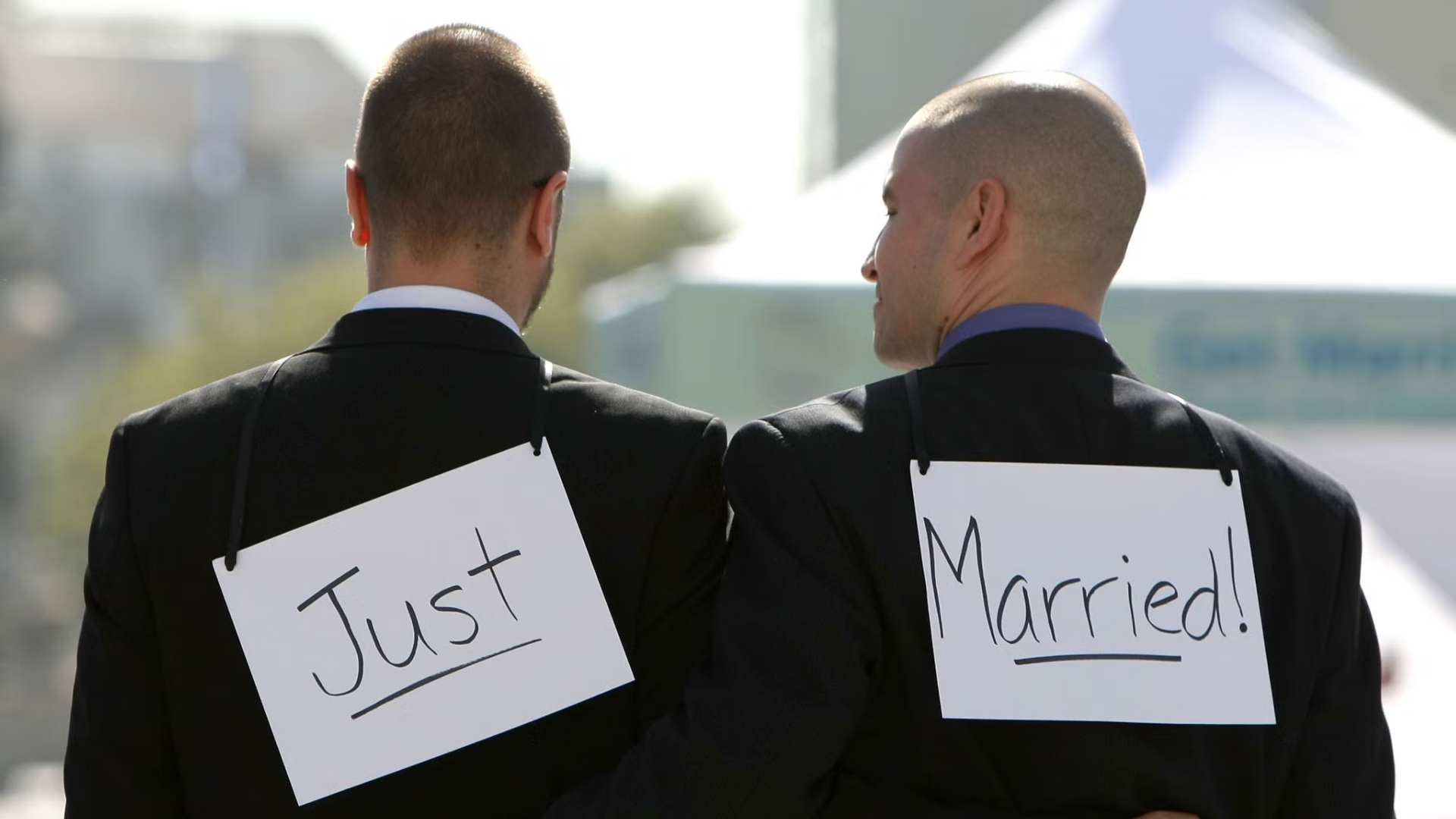
The legality of gay marriage in India is a prominent issue amidst changing societal attitudes and legal frameworks globally. India, known for its diverse traditions and cultural heritage, is facing debates on equality, individual rights, and societal acceptance. The discourse on LGBTQ+ rights has been gaining momentum, leading to discussions on same-sex unions. This inquiry examines the legal, cultural, and social complexities surrounding gay marriage in India.
CONTENT AVAILABLE AT THIS PAGE
Gay Marriage: Background on Same-Sex Marriage
Same-sex marriage is a significant issue in the LGBTQ+ rights conversation, highlighting the quest for equal treatment and acceptance of different types of love and commitment. Traditionally, marriage has been viewed as a bond between a man and a woman, deeply rooted in culture, religion, and law. However, attitudes towards same-sex relationships have evolved, leading to legal changes and social approval in many areas. The legalization of same-sex marriage in countries like the Netherlands in 2001 was a groundbreaking moment that sparked similar legal adjustments worldwide.
Despite progress, disparities continue to exist, as many countries struggle to navigate the complexities of balancing tradition, morality, and human rights in the realm of marriage equality. The journey toward universal recognition of same-sex marriage is ongoing, shaped by activism, legal battles, and changing societal norms.
The Fight for Legal Recognition
The LGBTQ+ rights movement worldwide has fought for legal recognition of same-sex marriage. LGBTQ+ activists, allies, and legal advocates have campaigned for the right to marry regardless of sexual orientation or gender identity. This struggle goes beyond legal frameworks to include societal attitudes and cultural norms. LGBTQ+ individuals have faced discrimination and persecution in their quest for recognition.
Through grassroots organizing and legal battles, progress has been made in legalizing same-sex marriage. Court rulings, legislative reforms, and public support have helped challenge discrimination and promote equality. Despite advancements, challenges remain due to resistance from conservative factions, religious institutions, and social prejudices. The fight for legal recognition of same-sex marriage is key in the broader struggle for LGBTQ+ rights and human dignity.
Supreme Court Rulings on Same-Sex Marriage
Supreme Court rulings on same-sex marriage have had a significant impact on LGBTQ+ rights. Cases like Obergefell v. Hodges and Goodridge v. Department of Public Health have set legal precedents for marriage equality. These rulings have given same-sex couples legal recognition and protection. They also represent a broader societal acceptance of same-sex relationships.
However, not all countries have had uniform Supreme Court decisions on same-sex marriage. In some places, like India, there is still debate over the issue. Despite these differences, global Supreme Court rulings on same-sex marriage have helped advance LGBTQ+ rights and promote equality under the law.
Legal Rights of Same-Sex Couples
The legal rights of same-sex couples differ based on the jurisdiction they are in. In countries that recognize same-sex marriage, such as the United States, Canada, and many European nations, same-sex couples have equal legal rights and protections. These rights usually include marriage, adoption, spousal benefits, inheritance rights, and decision-making authority for medical and financial matters.
In jurisdictions where same-sex marriage is not legally recognized, same-sex couples may encounter legal challenges and limitations. Alternative legal mechanisms such as civil unions or domestic partnerships may provide some rights, but these are often not equivalent to those of married couples. This can lead to obstacles in various areas such as healthcare, taxation, immigration, and parental rights for same-sex couples in these jurisdictions.
Advocates for LGBTQ+ rights have worked tirelessly to secure legal recognition and rights for same-sex couples worldwide through various means such as litigation, legislative advocacy, and public education campaigns. Progress has been made in many countries, but disparities remain, underscoring the ongoing need for continued advocacy and legal reform to ensure full equality for LGBTQ+ individuals and couples.
Implications and Impact on Indian Society
The legalization of same-sex marriage in India raises complex issues that reflect the country’s cultural diversity and ongoing dialogue between tradition, modern values, and human rights, particularly concerning LGBTQ+ rights.
The legalization of same-sex marriage in India would have important societal and legal implications, marking a shift in attitudes and recognition of LGBTQ+ relationships. It would promote inclusivity and acceptance within Indian society, affirming the rights and dignity of LGBTQ+ individuals and couples. Legal recognition of same-sex marriages would grant couples access to essential rights and protections, including inheritance rights, healthcare benefits, and parental rights.
Legalizing same-sex marriage could have societal implications by challenging established norms and promoting tolerance and understanding of diverse sexual orientations and gender identities. This could lead to a more equitable society where LGBTQ+ individuals can live openly and authentically without fear of discrimination.
Conclusion:
The debate on legalizing gay marriage in India is part of a global struggle for LGBTQ+ rights. Progress has been made, but challenges remain in achieving widespread acceptance. Legalizing same-sex marriage would support individual rights and promote inclusivity. It is a significant step in recognizing diversity and upholding human dignity in India.
Read Also: Understanding the Significance of South Indian White Tilak
